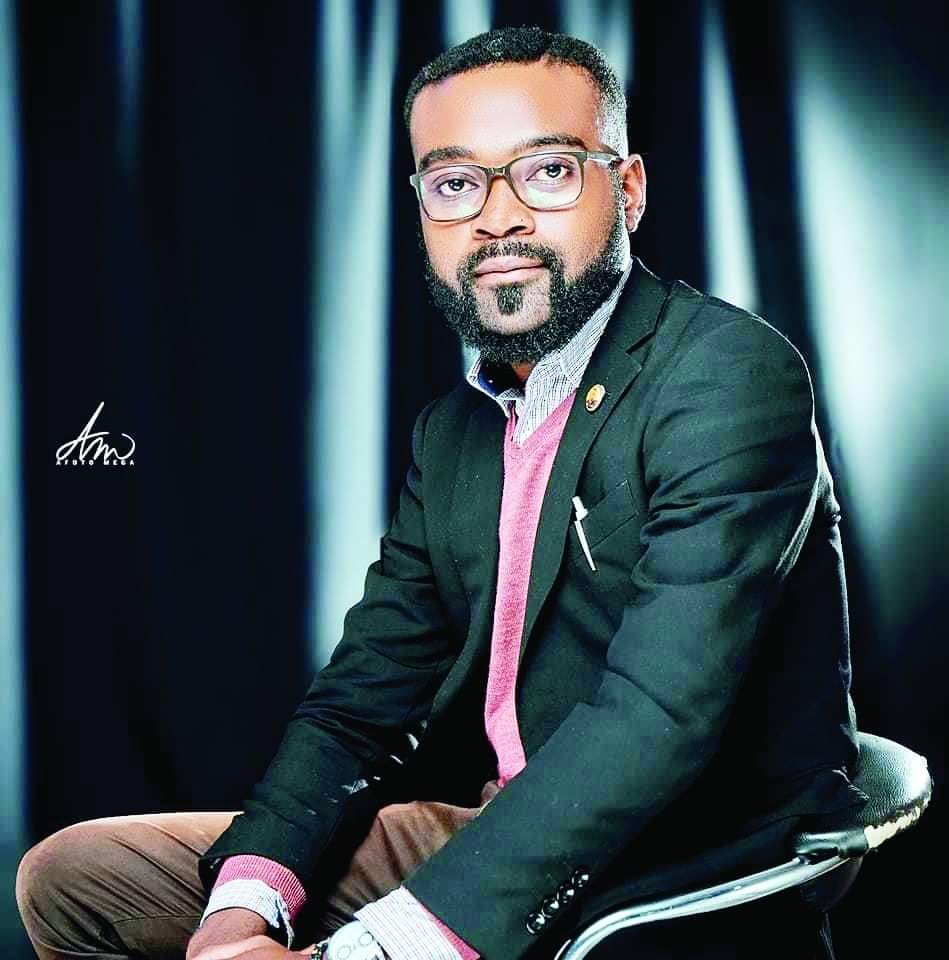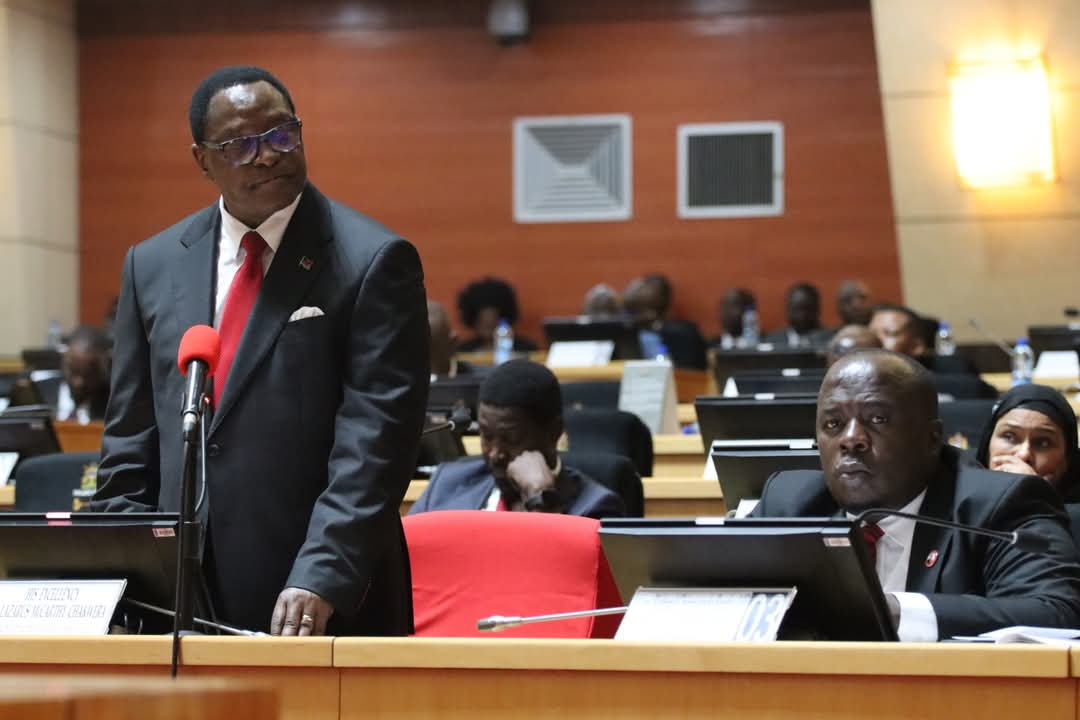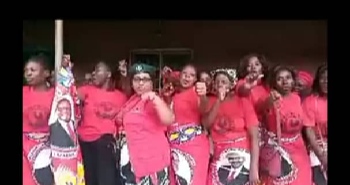By Burnett Munthali
In a move to gather first-hand information on crucial matters affecting the electoral process, Leader of the Opposition, George Chaponda, has today requested the Speaker’s office to facilitate a visit by the entire House to a warehouse in Kanengo, Lilongwe, where the National Registration Bureau (NRB) is sorting out national IDs.
Chaponda’s request is aimed at investigating the ongoing processes at the NRB, which are critical to the voter registration exercise, as the country prepares for future elections. He believes that this will allow parliamentarians to better understand the situation and assess whether there are any irregularities in the process.
In addition to the NRB warehouse visit, Chaponda has also called for an inspection of the servers at the Malawi Electoral Commission (MEC). This move comes in response to persistent allegations of election rigging. Chaponda, who was previously given 48 hours by the House to present evidence of the alleged rigging, argued that a direct inspection of the servers would allow MPs to obtain unmediated, factual information on the matter.
“It is impractical to bring the warehouse or the servers to Parliament,” Chaponda said. “Just as courts are permitted to visit crime scenes to gather evidence, Parliament should be allowed to adopt a similar approach to gather critical information for informed decision-making.”
However, the request has faced some resistance. Second Deputy Speaker, Aisha Adams, responded by clarifying that Parliament has its established procedures for collecting evidence. She reiterated that Chaponda must submit the evidence to the Speaker’s office as previously instructed.
Chaponda’s call for these site visits highlights the growing concerns over electoral integrity in Malawi, with calls for more transparency and accountability in the electoral process. The outcome of these discussions and the Speaker’s decision could set a significant precedent for how Parliament addresses similar requests in the future.




